If I were to have to pick the figure in Vladimir Putin’s inner circle who scares me the most, it would have to be Nikolai Platonovich Patrushev, secretary of the Security Council and the closest thing there is in the Russian system to a national security adviser. Patrushev’s profile has grown steadily as both cause and symptom of the system’s drift towards nationalist imperialism, and he best channels the worst impulses within the id of Putin’s clique. Whenever he speaks, it is sadly worth listening.
After all, he does not just channel but shape those worst impulses. The Security Council itself is not the Soviet Politburo 2.0 that some assume. While it does bring together all key security-related officials, it is not a decision-making body. However, under Patrushev the Security Council secretariat has become one of the most powerful institutions in Putin’s state. Technically part of the Presidential Administration, in practice it is pretty much autonomous within its gated offices on Ipatevsky Alley, and Patrushev bows to no one but Putin.
Yet much like a Slavic Sir Humphrey to Putin’s Jim Hacker – because Yes, Minister and Yes, Prime Minister are peerless guides to bureaucracies the world over – Patrushev also exerts a powerful, subtle influence over his master through his ability to control the information reaching his desk. When it comes to security affairs (which, to him, covers almost everything) it is Patrushev who largely frames the policy dilemmas to Putin and presents him with his options. Putin is notoriously prickly about being ‘handled’ but part of Patrushev’s talent is, like Beria to Stalin, knowing just how to manage such a dangerous tsar.
It is hard to know quite how far Putin genuinely believes some of the more outlandish claims he makes; with Patrushev the consensus among observers and those who have interacted with him is that he absolutely does consider Russia to be facing an insidious ‘Anglo-Saxon’ conspiracy to bring down the regime and even break up the Russian Federation. The more Putin has become entrenched in confrontation, then the more powerful Patrushev has become – and the narrower the gap between his personal views and state policy.
Putin is prickly about being ‘handled’ but part of Patrushev’s talent is, like Beria to Stalin, knowing just how to manage a dangerous tsar
As a result, his occasional interviews in the Russian press – Patrushev is no publicity hound – have become indispensable harbingers. In his latest, in official government paper Rossiiskaya Gazeta, he reaffirms the line that the war in Ukraine is really only part of a wider struggle with Nato and the collective West, which ‘made Ukraine one big military camp.’ That we ‘send weapons and ammunition to the Ukrainian troops, provide them with intelligence,’ is presented not as assistance to a nation invaded by a hostile and brutal neighbour, so much as proof of our malign intent. Russia unleashed war, so the argument goes, to forestall war.
He also ratcheted up the rhetorical conflict, warning that ‘American politicians trapped by their own propaganda remain confident that in the event of a direct conflict with Russia, the United States is capable of launching a preventive missile strike, after which Russia will no longer be able to respond.’ Patrushev called this ‘short-sighted stupidity and very dangerous,’ which is true enough, but overlooks the fact that no one in the West is actually making any such claims.
When Patrushev goes on to claim that ‘Russia is patient and does not intimidate anyone with its military advantage,’ he is engaging in the classic, Soviet-era practice of claiming the other side is doing exactly what you are, especially as he adds that Russia ‘has modern, unique weapons capable of destroying any adversary, including the United States, in the event of a threat to its existence.’
It would be easy to write this off as just more of the usual rhetoric, but it is important precisely because of the way the Patrushev line has become mainstream for the Kremlin. We know Patrushev played a key role in the decision to seize, and then annex, Crimea in 2014 and then in the 2022 invasion. In those eight intervening years, his authority has steadily grown, and this has accelerated since February of last year.
Patrushev now has more of a role in foreign policy than foreign minister Sergei Lavrov. It was Patrushev who gave the main response to recent allegations that the Nord Stream 2 bombings may have been conducted by unofficial ‘pro-Ukrainian’ forces, implying that he still thought Washington to blame. He played a key role in preparing the ground for Chinese leader Xi Jinping’s recent visit to Moscow, hosting Wang Yi, director of the Communist Party’s central foreign affairs commission, when he came to Moscow in February. He also continues to have a busy schedule of foreign trips, most recently to Cuba to meet both Miguel Díaz-Canel and former leader Raúl Castro.
Now, he is pushing an unexpectedly-reluctant Putin to deepen the militarisation of the economy and encouraging a more vicious crackdown on even the slightest hint of opposition. Patrushev, a year older than Putin, feared by many and an administrator rather than a politician, is not a likely successor to Putin. Instead, he is the evil vizier from the children’s stories, the shadowy figure whispering poison into the monarch’s ears. This is why he and his interviews matter. After each of his major, set piece interviews in the past year, policy has lurched in an even more authoritarian, militaristic and aggressive direction. Russia must be bracing for impact.
Got something to add? Join the discussion and comment below.
Get 10 issues for just $10
Subscribe to The Spectator Australia today for the next 10 magazine issues, plus full online access, for just $10.

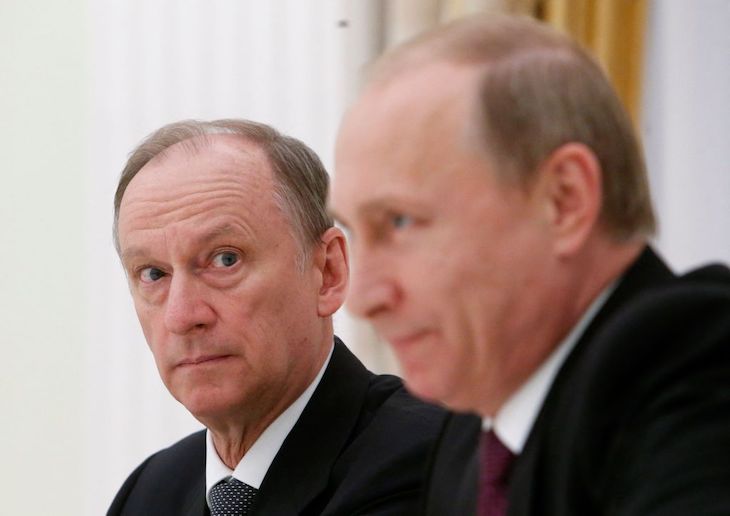

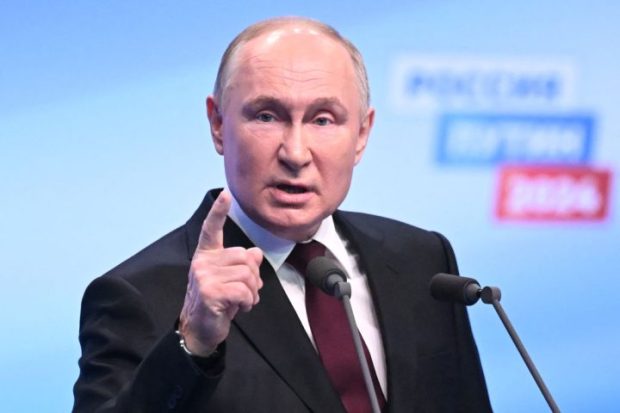
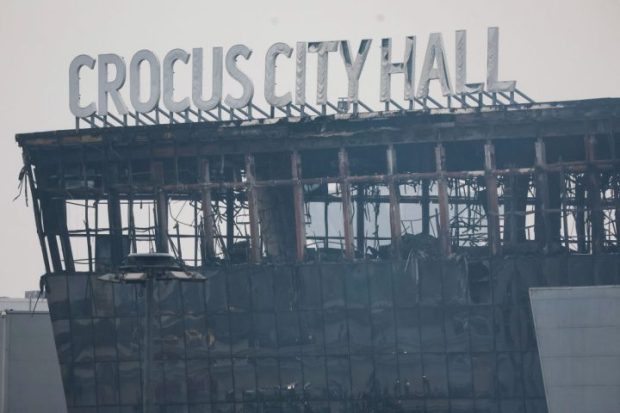
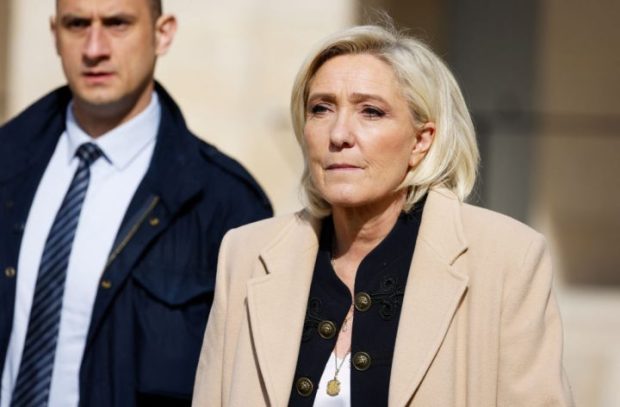
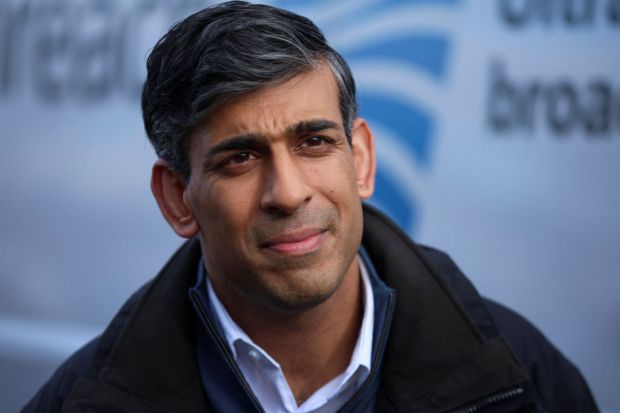
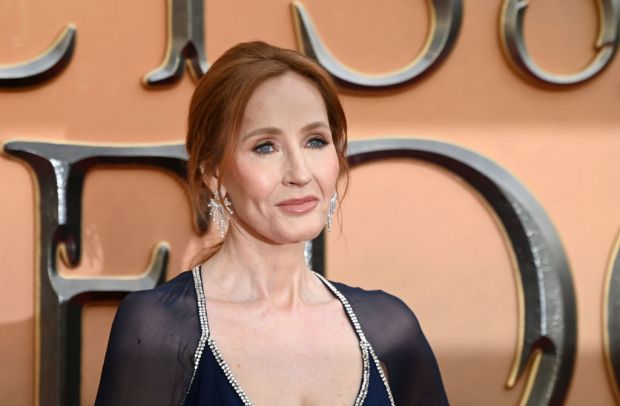












Comments
Don't miss out
Join the conversation with other Spectator Australia readers. Subscribe to leave a comment.
SUBSCRIBEAlready a subscriber? Log in